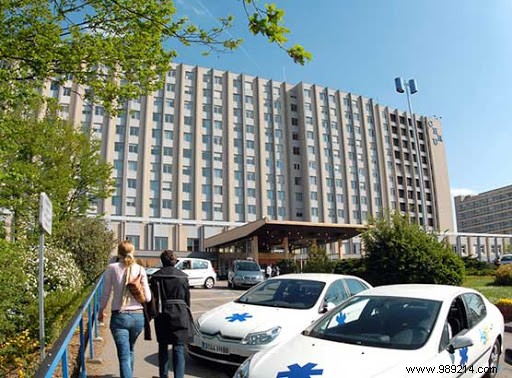For the past few months, a national study in which nearly forty French hospitals are participating aims to assess the effectiveness of anti-Covid vaccines on the long term. However, this study has not yet brought together a sufficient number of volunteers.
Since the end of 2020, several vaccines have been available around the world. However, scientific work on the long-term protection conferred by these vaccines is increasing. In France, the Cov-Popart study is taking place at the national level in 35 hospitals. So far, 6,000 volunteers are taking part , but 4,000 are still missing in order to consolidate the work, as explained by France Bleu in an article of September 8, 2021.
Since April and the start of the study, candidates commit for two years . They will be called four times in order to undergo a blood test:one month after the second injection of the vaccine then six months, one year and two years later. These blood tests aim to measure the amount of antibodies in the long term.

As Bruno Laviolle, doctor and director of the clinical investigation center at Rennes University Hospital, explains, some of the volunteers to come will be ideally 75 years old or older . Concerning them, the fact of being already vaccinated or not is not important. According to the expert, this category of people would be likely to react less well to the vaccine . But the goal is to understand why. The other aim of the researchers – more secondary this time – is to expand their database by recruiting adolescents aged 12 and over in particular. According to officials, the first results of the Cov-Popart study will be available within a few weeks. To participate, it is possible to register on the official website of the study.
In addition to the University Hospital of Rennes, we find those of Lille, Rouen, Caen, Brest, Tours, Limoges, Nantes, Angers, La Roche-sur-Yon, Clermont-Ferrand, Bordeaux-Nord, Toulouse, Montpellier, Nîmes, Saint-Étienne, Marseille, Nice, Grenoble, Lyon, Dijon, Besançon, Strasbourg and Nancy. In Île de France and the Paris region, seven hospitals are also taking part, including the Bichat hospital, the Cochin-Pasteur hospital and the Foch hospital.
Remember that if about 4,000 volunteers are missing, the 10,000 people required separate into two groups . First, the control group made up of 1,850 people aged 18 and over, then the group of patients including 8,650 adults with a pathology appearing on a list . Here they are:type 1 or 2 diabetes, obesity, cancer, bone marrow transplant, organ transplant, HIV, stage 4 and 5 chronic kidney disease, systemic autoinflammatory and autoimmune disease, hypogammaglobulinemia and chronic inflammatory rheumatism, multiple sclerosis or diseases affecting the optic nerve.